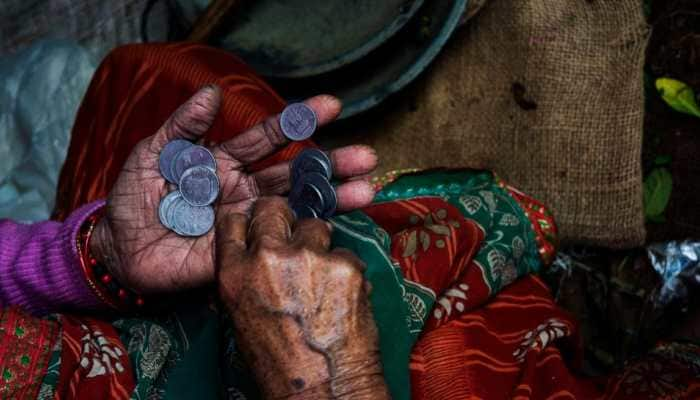India to press for agreement on 2nd commitment per
This year`s climate conference will start in Doha from November 26 and countries will try to hammer out a new legal agreement agreed under the Durban climate package last year.
Trending Photos
)
New Delhi: As the world heads towards another climate conference, India and other developing countries would try to ensure that an agreement is reached on a second commitment period of Kyoto Protocol and legal amendments are put into place to operationalise it.
However, there is an underlying worry that western developed countries may try to prolong negotiations, and even if legal amendments are adopted, the process of getting them ratified may take a long time.
This year`s climate conference will start in Doha from November 26 and countries will try to hammer out a new legal agreement agreed under the Durban climate package last year.
In Durban last year after hectic negotiations, a face saving agreement was achieved whereby the parties to the Kyoto Protocol agreed for a second commitment period for emission reductions while it was agreed that a post 2020 deal will be worked out under which all countries will be brought under emission reduction targets.
It is notable that the first commitment period under the Kyoto Protocol ends this December, but an agreement over the second commitment period is not likely to be operationalised any time soon.
"The shape of the agreement that will happen in Doha is not clear but it is important to ensure that the second commitment period agreed to in Durban is actually realised," India`s chief negotiator R R Rashmi, joint secretary of the Ministry of Environment, told journalists here today.
Asked what would be India?s agenda at the Doha meeting, Rashmi said maintaining the balance agreed in the Durban package was India`s main concern.
"We need to strike a balance in second commitment period and newer actions," he said, while insisting that equity would remain a valid principle in negotiations from the developing countries` perspective.
Rashmi, however, expressed apprehension that any agreement reached in Doha over Kyoto emission targets might still take time to operationalise, and developed countries may try to keep the Protocol obligations open and link them to the process of negotiation of Durban platform.
"Under the Durban platform, the negotiation will not conclude by 2015 and there will be a gain of at least three years for them (developed countries who are party to second commitment period under Kyoto Protocol) to keep their obligations open, this is a new link that is being forced on us," he said at a climate change workshop organised by Centre for Science and Environment.
"The lasting solution is to carry out legal amendments and then get it ratified by respective governments. This takes time and any how it will not conclude by December 31 when the first commitment period of Kyoto Protocol ends," he said.
The agreement in Durban was arrived at in a particular context that was determined by emission reduction targets of Kyoto Protocol and binding reduction obligation on the parties to the KP.
"If for some reason binding obligations are not realised then it shifts the balance and we have to see how we can restore this balance in the final decision taken in Doha," the official said.
PTI
Stay informed on all the latest news, real-time breaking news updates, and follow all the important headlines in india news and world News on Zee News.
Advertisement
Live Tv
Advertisement







)
)
)
)
)
)
)
)
)
)
